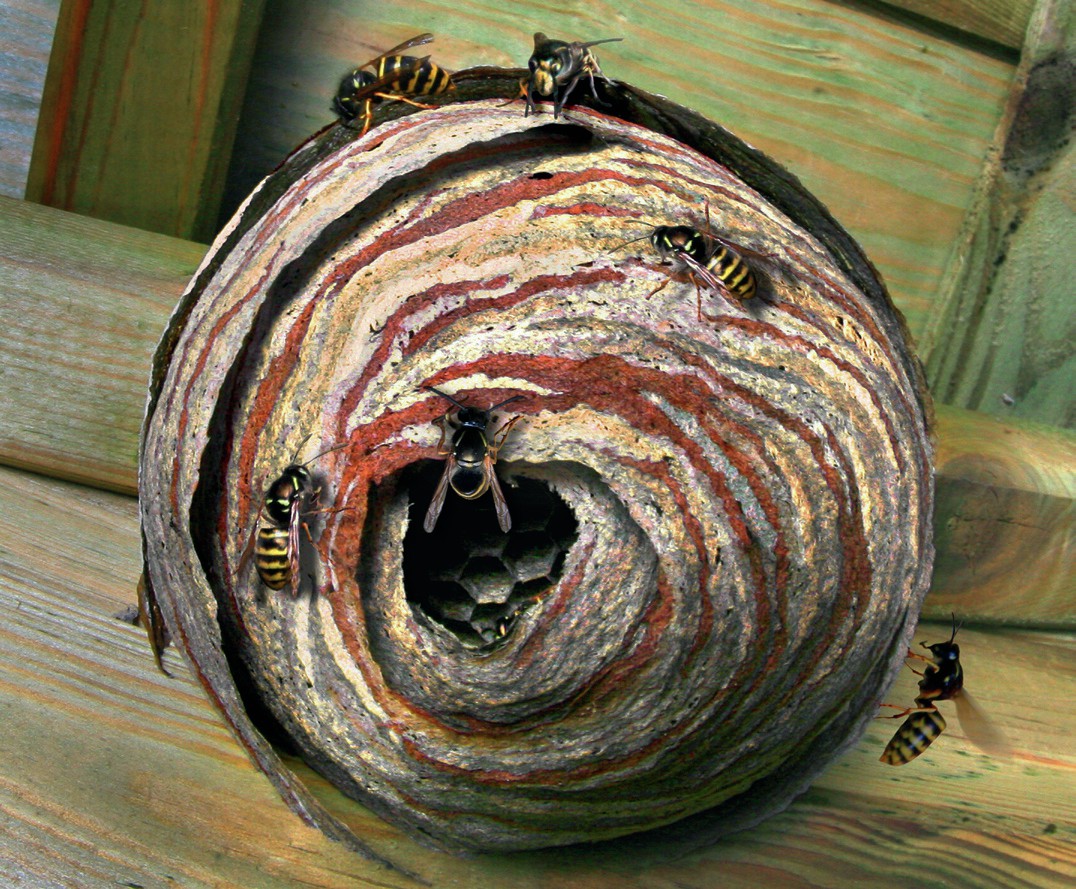
René-Antoine Ferchault de Réaumur lived between 1683 and 1757 and was one of the foremost scientists of his age. He had a staggering breadth of interest and expertise. As an entomologist, he wrote an incredible six-volume work on insects and used his understanding of the way wasps built their nests (from what was essentially chewed wood, see Figure 1) to improve the manufacture of paper. Among other things, he showed that corals were animals and not plants, designed the first egg incubator and measured temperature, using the volume change of a mixture of alcohol and water. It turned out that at the time his method of measuring temperature was more convenient than others. Also for convenience, he chose 80 divisions between the lower and upper fixed points of the freezing point of pure water and its boiling point (both at normal atmospheric pressure). Such was his influence that the Réaumur scale was in use for some applications right up to the 1970s when the Celsius scale was adopted by the scientific community. The Celsius scale had the advantage that a change in temperature was the same value in °C and in kelvins (i.e. the thermodynamic scale).
Another interesting investigation Réaumur undertook was into the question of digestion. At the time there were essentially two camps. One thought that food was ground up in the stomach and the other thought a chemical process was involved. In 1752 Réaumur put meat into small metal cylinders with wire gauze over the ends. He then persuaded a hawk to swallow them and waited for the bird to regurgitate them. This it duly did, and not only were the cylinders not crushed but the meat left inside them was partially dissolved, so that settled the matter. However, he went further and, by more hawkish persuasion, got it to swallow a small sponge. When this was eventually regurgitated he squeezed it out and got a small sample of the stomach fluid, which he found did indeed chemically attack meat that he placed in it.
Your organisation does not have access to this article.
Sign up today to give your students the edge they need to achieve their best grades with subject expertise
Subscribe
